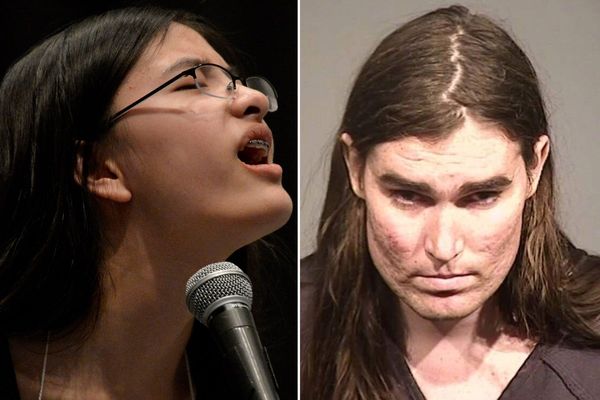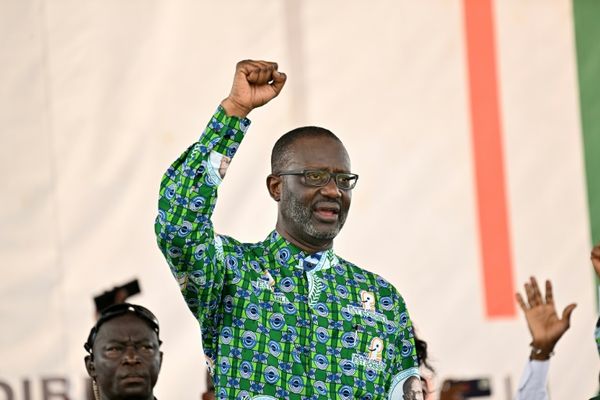
Pope Francis has warned global leaders in Davos that artificial intelligence raises “critical concerns” about humanity’s future and it could exacerbate a growing “crisis of truth”.
Francis said governments and businesses must exercise “due diligence and vigilance” to navigate the complexities of AI.
In a written address at the World Economic Forum (WEF) in Switzerland on Thursday, the pope said AI could fuel the “growing crisis of truth in the public forum”, as its output was almost indistinguishable from those of humans.
“This technology is designed to learn and make certain choices autonomously, adapting to new situations and providing answers not foreseen by its programmers, thus raising fundamental questions about ethical responsibility, human safety, and the broader implications of these developments for society,” he said in a statement read to Davos delegates by Cardinal Peter Turkson, a Vatican official.
The pope has first-hand experience of artificial intelligence’s ability to distort the truth – he is a popular subject in AI-generated deepfake images, including one of him embracing the singer Madonna and a second in a Balenciaga puffer jacket.
“Unlike many other human inventions, AI is trained on the results of human creativity, which enables it to generate new artefacts with a skill level and speed that often rival or surpasses human capabilities, raising critical concerns about its impact on humanity’s role in the world,” the pope said.
AI has been a hot topic at Davos this year, with many shops along the ski resort’s promenade taken over by technology firms promoting their products.
Expectations for AI are sky-high among some delegates. Marc Benioff, the head of Salesforce, said he believed the current generation of chief executives would be the last ones to only manage humans.
“From this point forward, we will be managing not only human workers, but also digital workers. And that is just incredible,” he told business leaders.
AI can also radically improve healthcare and save lives, according to Ruth Porat, the chief investment officer of Alphabet, Google’s parent company.
She said in Davos that Google’s AlphaFold AI programme predicted the structures of all 200m proteins on the planet, and then open sourced the work – a move expected to accelerate drug discovery, as 2.5 million scientists have now accessed the information.
Last year, Britain’s Demis Hassabis, the co-founder of the AI startup DeepMind, which was bought by Google in 2014, was awarded the Nobel prize for chemistry for this work.
Arguing the case for AI, Porat said she had had cancer twice, and was “very fortunate” to have had early diagnosis. “I spoke to my oncologist about it, and he said the only way to democratize healthcare is with AI, because it means anyone, anywhere will be able to have the same high-quality early detection that I had,” she added.







